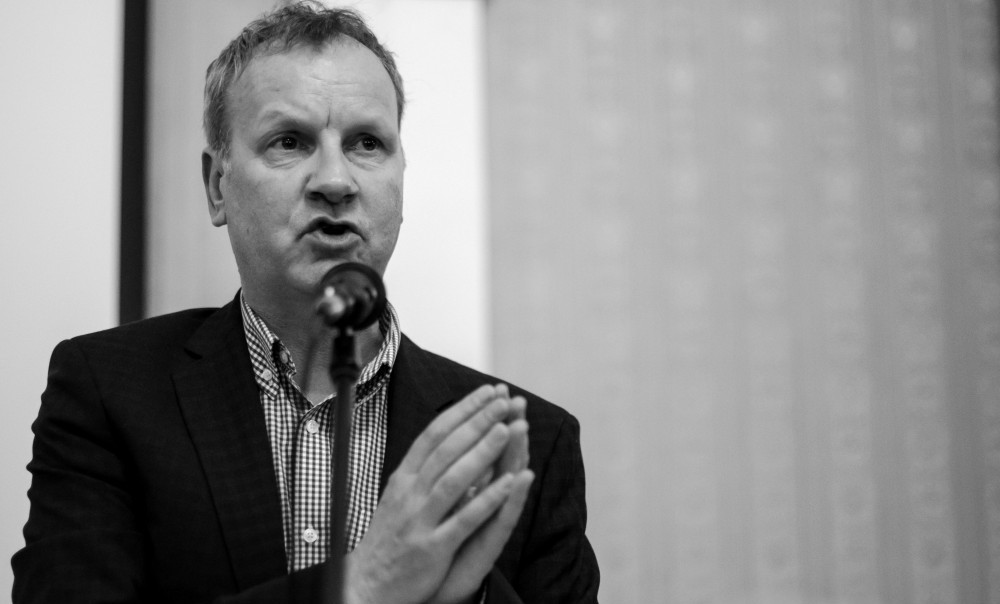It didn’t take them long, did it? In fact, it took the Prime Minister one hour and forty seven minutes following the announcement of the Scottish referendum result to move the debate onto the Tory obsession of ‘English votes for English laws’ (EVEL). On returning to Westminster, the debate which was scheduled to look at the referendum result and further devolution became exclusively focussed on EVEL, as the debate was effectively hijacked. It became the usual Westminster spat with the Tories demanding that EVEL is established and Labour arguing that the future of the UK was dependent on me, a member for Perthshire, voting on policing arrangements in Peckham and Plymouth.
Westminster is just sick and tired of talk of Scottish devolution. Backbench members of all the UK parties have just about had enough and they are- quite rightly- beginning to enquire as to, ‘when is it my constituency’s turn’? Westminster Tory MPs were effectively told to be silent about their real concerns about EVEL and Barnett until the referendum was over and were assured that they would be addressed as soon as the referendum was won. This is the real Westminster vow that is now being honoured.
To most Scots, EVEL is an issue of supreme insignificance and unimportance. I suspect most Scots would sympathise with English MPs and nonchalantly agree that Scots MPs shouldn’t vote on English-only legislation! The SNP already doesn’t vote on English-only legislation, not because we are particularly concerned about what the Prime Minister thinks, but because we do believe that it is unfair and is a waste of our time. However, we must make a distinction between English-only legislation and the Scottish interest. Sometime the two clash and as the debate about English votes progresses, it is important that English-only legislation takes account of this. Although it was notionally English-only legislation, we voted on tuition fees because their introduction in England had a massive impact on the potential funding of our Scottish universities. We will similarly vote on any legislation that increases the private sector in the English NHS. The debate about the NHS in the referendum clearly exposed the interconnectedness with English privatisation and the funding of our Scottish NHS.
For Labour, this is a different matter entirely. In what will be a tight Parliament next session, Labour are still of the notion that it will be their Scottish contingent of MPs that will make the difference in having their legislation implemented throughout the UK. All this nonsense from Gordon Brown about ‘two classes of MPs’ and ‘a threat to the UK itself’ is little more than Labour special pleading. Labour need to rise above their narrow party interest and join us in ensuring that we get legislation on EVEL that recognises the Scottish interest.
EVEL is just the first assault of the Westminster No backlash. Westminster MPs’ main target is Barnett. Already over a hundred of them have called for a debate to have this ‘reviewed’. The guarantee written in The Vow means absolutely nothing according to Tory MPs – as a Tory MP correctly reminded the House in the hijacked debate – ‘The Vow was not made by Parliament’. We also have to remember that any agreement made in the Smith Commission will also have to be approved by an increasingly erratic Westminster under pressure from UKIP.
All of this was predicted and we have to make the most of it. This is why we need the fullest range of powers for our nation so that Westminster has as little as possible to do in the running of our affairs.




You must be logged in to post a comment.